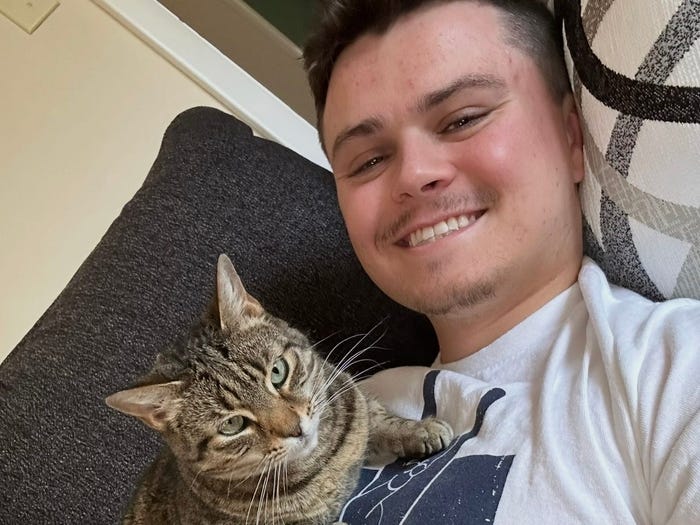An increasing number of Americans are turning to unapproved peptides, marketed as solutions for muscle building, skin rejuvenation, and longevity. This trend highlights the growing interest in alternative therapies amid the rising popularity of GLP-1 weight loss medications, which are the only approved peptides for rapid weight loss. Many of the peptides being promoted, such as BPC-157 and TB-500, lack approval for human use and are often based on animal studies. The implications of this trend are concerning, especially as some of these substances are banned in competitive sports.
Dr. Eric Topol, director of Scripps Research Translational Institute, commented, “None of them are proven. None of them have gone through what would be considered adequate clinical trials, but nonetheless many people are taking these. It’s actually quite extraordinary.”
One notable figure in the promotion of these substances is Health Secretary Robert F. Kennedy Jr., who has gained a national following among those skeptical of traditional health practices. Kennedy’s push against the FDA’s restrictions on peptides and other alternative treatments aligns with his broader “Make America Healthy Again” movement.
The FDA has long sought to regulate this market, sending warning letters to clinics that promote unapproved peptides and adding over two dozen substances to a list of ingredients that specialty pharmacies are advised not to compound. However, Kennedy has pledged to end what he describes as the “FDA’s war” on these alternative therapies.
Gary Brecka, a self-identified biohacker and longevity expert, is among the most vocal advocates for these peptides. He markets various peptide products on his website, with prices ranging from $350 to $600 each. In a May podcast appearance, Kennedy reiterated his commitment to challenge the FDA’s stance on peptides and other unconventional treatments, prompting enthusiasm from Brecka.
Peptides, which are short chains of amino acids, play crucial roles in the human body, influencing growth, metabolism, and healing. While the FDA has approved some peptides, including insulin and human growth hormone, many that are being marketed online remain unapproved, making their sale technically illegal. Despite this, celebrities and influencers are actively promoting these substances.
For instance, Joe Rogan has praised BPC-157, claiming it helped alleviate his tendonitis. He shared his experience with his podcast audience, enhancing the visibility of such unverified treatments. Companies like Ways 2 Well offer consultations and peptide shipments for $99, despite the potential risks associated with their use.
The perceived safety of these products is often attributed to their natural origins. Andrea Steinbrenner, a consulting executive, expressed her belief in the benefits of peptides for longevity and energy. She noted that many people are seeking alternatives to conventional medicine as they age. Proponents assert that peptides are more naturally recognized by the body than synthetic drugs, though critics argue that many marketed peptides are imperfect synthetics and pose health risks.
Concerns regarding the safety of these substances have prompted the FDA to issue multiple warning letters, particularly during the COVID-19 pandemic. In 2023, the agency added nearly 20 peptides to its list of high-risk substances, warning against their compounding. This action has sparked considerable backlash from wellness advocates, including lawsuits challenging the FDA’s decisions.
A coalition known as Save Peptides argues that access to alternative medical care is being threatened, while a lawsuit from a compounding pharmacy claimed the FDA did not follow proper procedures when adding peptides to its list. Despite pushback, expert panels have consistently deemed these substances too risky for compounding.
As discussions about the safety and regulation of peptides continue, the FDA has recently made changes to its advisory panels, possibly paving the way for a more lenient approach towards these substances.
Doctors are increasingly fielding inquiries from patients eager to explore peptide options, raising critical questions about long-term safety. Dr. Anita Gupta from Johns Hopkins School of Medicine emphasizes that patients must ask healthcare professionals about the long-term implications of these treatments.
As the interest in unapproved peptides grows, ongoing scrutiny from health officials and medical experts will be essential to ensure public safety and informed decision-making regarding alternative therapies.







